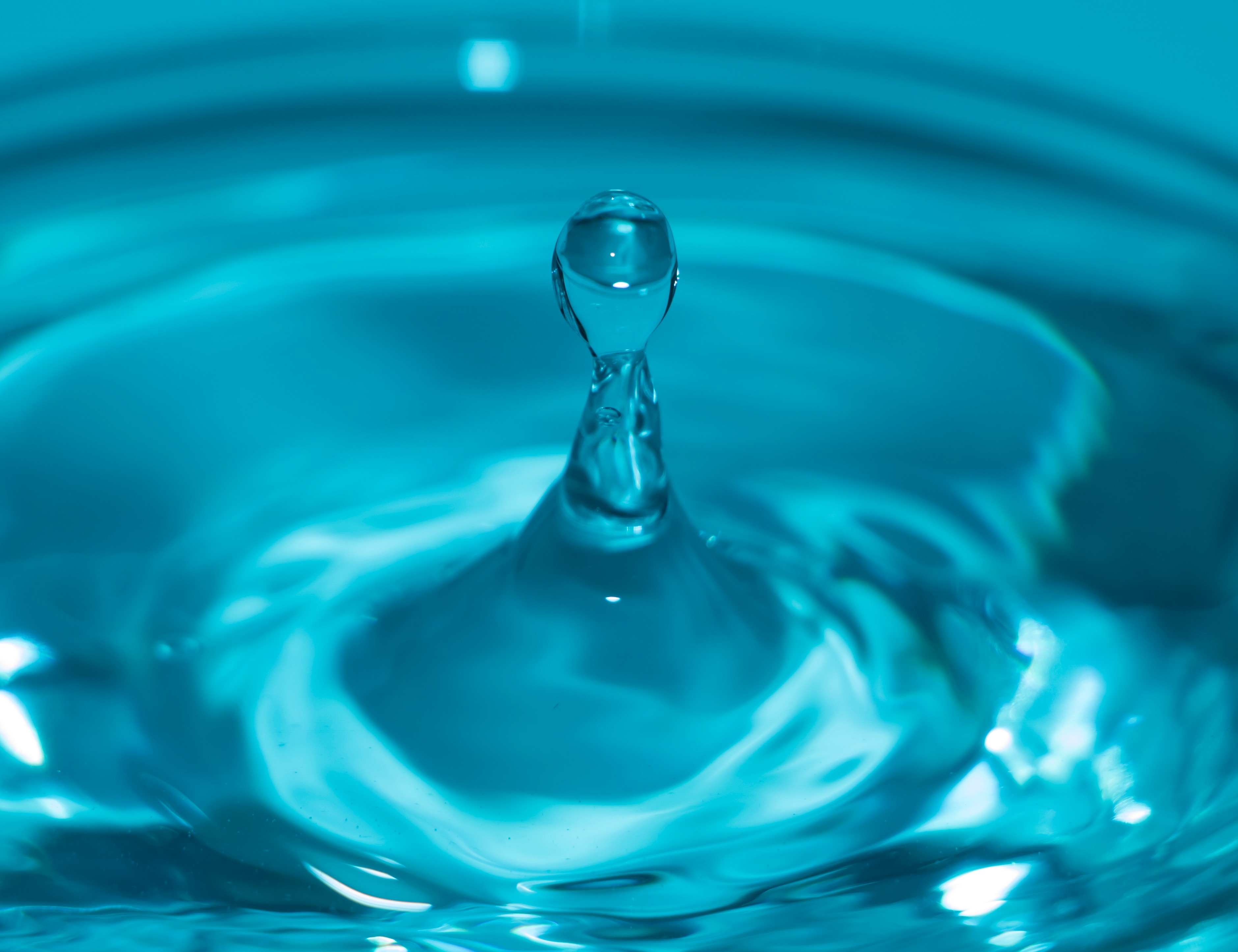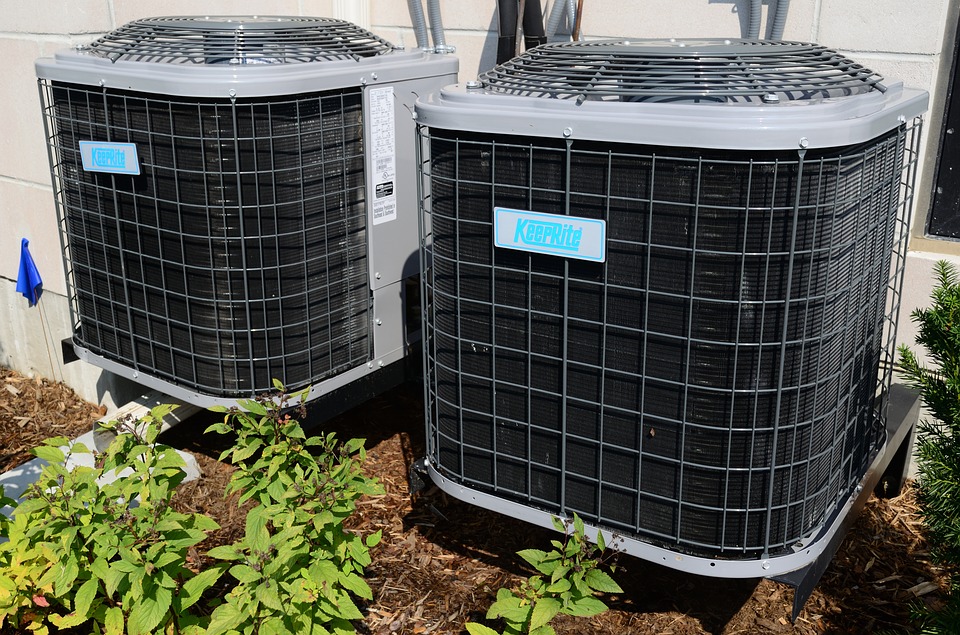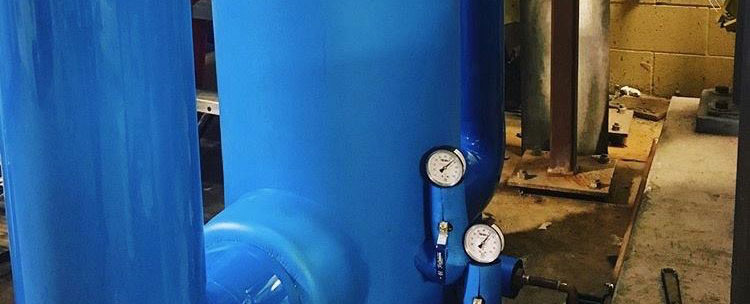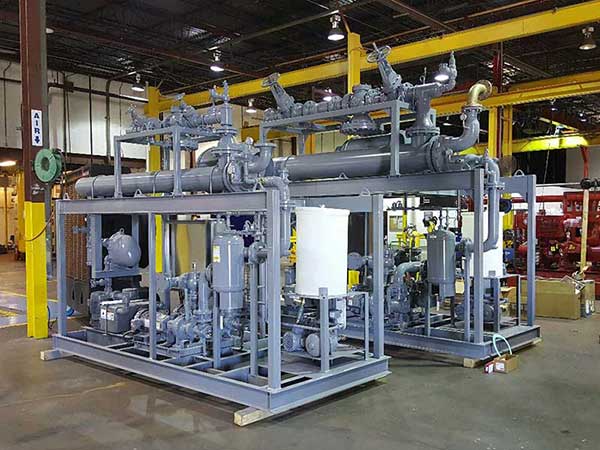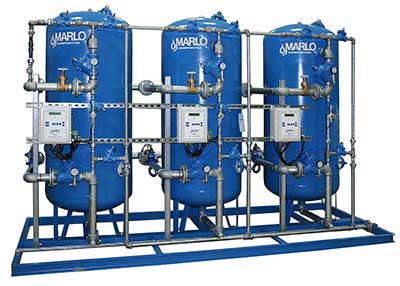 A water softener pertaining to boilers is a product that removes hard minerals from the water, such as heavy metals including calcium and magnesium. Also, the hard minerals can be detrimental to boiler performance as the boiler tubes can be damaged. This can be referred to as scaling. Scaling can prevent adequate heat transfer, reduce boiler efficiency, and lead to premature boiler failure.
A water softener pertaining to boilers is a product that removes hard minerals from the water, such as heavy metals including calcium and magnesium. Also, the hard minerals can be detrimental to boiler performance as the boiler tubes can be damaged. This can be referred to as scaling. Scaling can prevent adequate heat transfer, reduce boiler efficiency, and lead to premature boiler failure.
Water Conditioning Systems Available
A water conditioning system is a system that improves water quality by removing or altering minerals, chemicals, and contaminants from a water source. As a result of water conditioning systems, safer water is readily made available. Nowadays, you need the best companies for water conditioning with the threat of harmful contamination. It is extremely dangerous to use or be in contact with water contaminated with chlorine, ammonia, lead, or other contaminants.
What do we do?
Here at H.V. Burton, we can get you the best companies to provide you with water conditioning. Our available water treatment chemicals and equipment come from a wide variety of accredited manufacturers. We offer only the highest quality products. Also, we will work with you to package the best possible solutions for your water conditioning needs. Our service department also provides on-site and laboratory testing options for open and closed loop hydronic and glycol-based systems, all available depending on your needs.
Water Conditioning Systems
The hydronic system uses water as the heat-transfer medium in heating and cooling systems. Using a very simple idea, a hydronic system treats water by boiling it and letting contaminants separate and settle away from the water. In addition, a piping system connected to the hydronic system is used to circulate chilled or hot water between the piping and the terminal units made in a series loop. A glycol-based system is a system in which an ethylene or propylene glycol-water mixture is circulated throughout the rest of the system. Glycol solutions are used to keep the system from freezing or overheating in an effort to provide a continuous flow.
If you are interested in top-quality water conditioning systems from accredited manufacturers, sign up today! You can schedule an appointment on-site to test out the system so you know what a great deal you’re getting! Finally, contact us today to schedule an appointment or ask any questions.
Do any of your HVAC systems need glycol?
Here in Michigan freezing temperatures are right around the corner. So, glycol for HVAC systems should be on your review or to-do list. If hydronic systems do not have the correct percentage of glycol they will be at risk of damage to piping and equipment.
We recommend that both ethylene and propylene systems have at least 30-35% glycol, bringing their freeze point down to +9 degrees to -4 degrees F.
What is Glycol for HVAC Systems?
Glycol is often added to water to prevent freezing in hydronic systems. This prevents any coil tubes from swelling, rupturing, or bursting from freezing issues. However, knowing which type of glycol for heating systems to use depends on several things, one of which being local regulations and another being the type of coils in your HVAC. Chilled water coils require a different glycol than hot water coils.
The first type of glycol is ethylene glycol. It is the most common antifreeze fluid for standard heating and cooling applications because of its impeccable heat transfer efficiency. With a high boiling point and low freezing point, ethylene glycol is stable over a broad range of temperatures. Also, less power is required to recirculate the pumps because of its high viscosity.
The second type of glycol is propylene glycol. It is most often used in food processing and agricultural applications where low toxicity is necessary. While it does require slightly more power to recirculate, most legal regulations require the use of propylene glycols instead of ethylene glycols due to the high toxicity in ethylene glycol. Furthermore, propylene is better for freeze protection where drinking water is in contact and can be used in tight spaces.
For either type of glycol, the concentration of glycol in the solution is inversely proportional to the performance of the heat transfer fluid. This means that as the concentration increases, the performance of the heat transfer fluid decreases. So, for the best freeze protection, the lowest concentration of glycol is necessary.
Contact H.V. Burton
If you have further questions, please contact the professionals at HV Burton. They will help you to learn more about which type of glycol is best for your HVAC system. Call us today at 734.261.4220.
H-O-H Water Treatment Technology
If you haven’t yet, you will most likely see H-O-H Water Technology on many of the plans and specifications coming from Michigan engineers for HVAC Water Treatment. This will continue to increase, and we want you to know early in the process so you know what to expect.
Packaged Pumping Systems From H.V. Burton Company
There are many benefits of a packaged pumping system, one of the most popular benefits is the ease of installation. The process of the installation involves lifting the package off the truck. Then once in place, connect all the proper piping and power for it to operate. By choosing this option, it makes it easier to deal with troubleshooting. If something goes wrong you have only one vendor to call, unlike other systems where multiple areas could be at fault and you would need to deal with multiple vendors.

